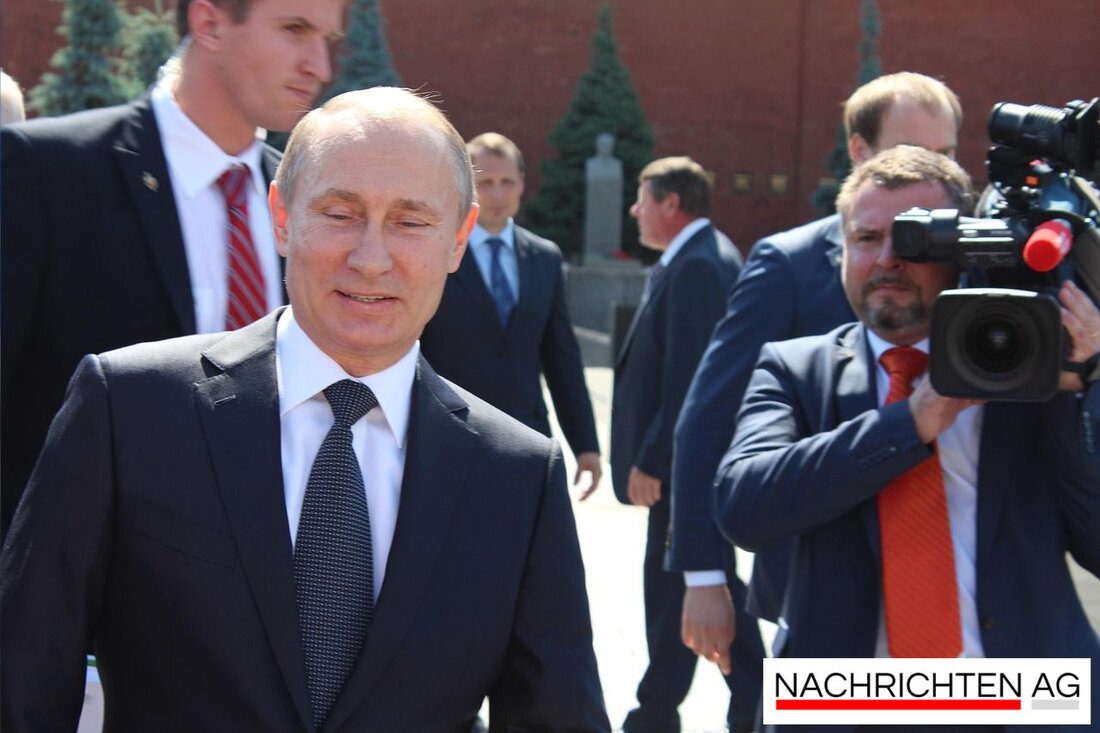Merz remains in Berlin: reforms and foreign policy are the focus of the debate
Chancellor Friedrich Merz will discuss central topics of German politics in a general debate in the Bundestag on September 24, 2025.

Merz remains in Berlin: reforms and foreign policy are the focus of the debate
An important chapter in German politics is being opened in the Bundestag today. Chancellor Friedrich Merz has decided not to travel to the UN General Assembly in New York, but is focusing entirely on his home game in Berlin. Today he is speaking in a general debate for the second time in just eight days. The main topic of the debate is the 2026 budget, after the 2025 budget was already discussed. What is surprising is the focus on the broad lines of government policy, while the detailed questions of the extensive budget of 3,449 pages have to remain in the background. Nordsee-Zeitung reports that last week Merz asked for support for urgently needed reforms in the social system and called for patience in implementing these measures.
What's on the agenda?
Today's debate will be dominated by Merz's announcements that he will push forward reforms not only during the autumn, but also in the coming years. However, critics note that Merz should be specific in his speech. The focus is also on foreign policy: Russia's violations of NATO airspace in particular are expected to be a central issue. US President Donald Trump has called for the shooting down of Russian aircraft that invade NATO airspace. Merz will have to show how he reacts to this international challenge.
The challenges of Germany
Those that Merz will address in his speech are complex. The Chancellor has already pointed out the threat to freedom from military force and hybrid threats. Germany is also fighting against rising energy prices and the pressure of protectionism. His words make it clear that he wants to see a democratic, constitutional and socially just Germany. The “autumn of reforms” has begun, also in view of the circumstances caused by the war in Ukraine, which not only challenges defense capability but also social stability. The Federal Government has emphasized that closer cooperation with allies is essential in order to meet the challenges.
The planned changes in the social system are crucial: Merz stated that a generational contract must be rethought in order not to place additional burdens on young people. There is positive news regarding asylum access, which was reduced by 60% last year. These measures could be part of a larger plan to increase trust in politics generally.
Merz’s foreign policy
In his first months as chancellor, Friedrich Merz is trying to make Germany internationally visible. The interest of figures like Donald Trump and Vladimir Putin in talking to Merz speaks volumes about his influence. He chose clear and often direct language to address issues - for example, he very clearly mentioned Israel's actions in Iran. The risks of this strategy should not be underestimated because it makes him vulnerable. RND emphasizes that Merz is perceived as a representative of German interests and the popularity of his party, the CDU, is increasing in the polls.
With the upcoming NATO and EU summit, Merz will also be challenged internationally. The challenges are not just foreign policy, but also affect domestic policy: the financing of the planned economic relief measures is still pending and will become a central issue in the coming weeks.
The political course is being set today in the Bundestag, and all eyes are on Merz, who will certainly have to show a lot of courage in order to successfully implement the upcoming reforms and hold his coalition together. Perhaps the future of Germany lies in the hands of this chancellor, who, despite the criticism, relies on home advantage.

 Suche
Suche
 Mein Konto
Mein Konto